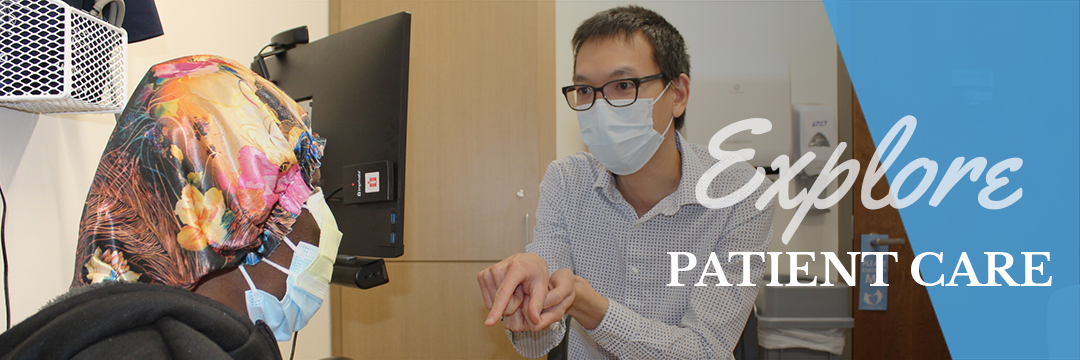Other Affilated Services

Carolina Antimicrobial Stewardship Program
Website: med.unc.edu/casp/
Antimicrobials are drugs that kill or prevent the growth of bacteria, viruses, fungi, or parasites. Antimicrobials can be life-saving therapies for patients with serious infections. For patients who do not have infections, antimicrobials are not helpful and increase the likelihood of patient harm and developing antimicrobial resistance. Antimicrobial stewardship programs including the Carolina Antimicrobial Stewardship Program help ensure patients with infections get the right drug, at the right dose, for the right length of time, or duration.
UNC Hospitals Bone Marrow Transplant Unit and Leukemia/Lymphoma Service
The Division of Infectious Diseases provides consultation to these units. The BMT Unit is a 12-bed unit with 100 transplants performed each year of which 40 are allograft transplants with many infectious complications. In addition, the Medicine E Service is a 20-bed ward on which there are four patients with acute leukemia being treated at any one time with a large number of infectious complications. Our Infectious Diseases Fellows will see all of these patients in conjunction with an ID Faculty member and make recommendations to the Hematology team following the patients.
Infections in Compromised Hosts
With advances in care for solid organ and stem cell transplant recipients, and patients with burns, new challenges in infectious diseases have arisen. UNC is addressing these challenges with a dedicated team of physician-scientists who are improving care for these patients and studying innovative approaches to the treatment and prevention of transplant and burn-associated infections.
Durham County Health Department
UNC faculty provides medical services at Durham County Health Department including oversight for immunizations, communicable diseases, emerging infections, tuberculosis (TB) and sexually transmitted disease (STD) programs. The Durham County STD Clinic sees approximately 30 clients per day. Clinical STD and HIV prevention research is also conducted at this site. ID fellows participate in TB and STD electives in Durham.
Robeson County Health Department
UNC faculty supervises the treatment of HIV patients in this county. Approximately 150 patients are currently being followed.
Wake County Health Department
UNC faculty supervises STD and HIV care at this facility. The STD clinic sees more than 50 clients per day. The HIV clinic manages 900 patients, most of whom require ART or antiretroviral therapy. STD and HIV research is conducted at this site, with a special emphasis on HIV in women.
First Health of the Carolinas ID Service
First Health is a 400-bed county hospital where faculty members provide all consultative care. Patients are less complex than those referred to UNC and manifest problems across the spectrum of the curriculum, with emphasis on problems in patients of advanced age, since Pinehurst is a retirement community. A large number of patients undergo joint replacement.
North Carolina Department of Corrections Infectious Diseases Service
UNC ID faculty provides general infectious diseases services and HIV care to a prison population of 1200 across the entire state. Several research projects complement these clinical activities.